Iaccred Limited
Purpose
This policy outlines Iaccred's commitment to maintaining the highest standards of academic integrity and ensuring that all materials submitted for accreditation are original and free from plagiarism.
Definition of Plagiarism
Plagiarism is defined as the practice of using another person's ideas, work, or intellectual property without proper acknowledgment or authorization. This includes, but is not limited to:- Copying text, ideas, or concepts from any source without proper citation.- Submitting work that is not the author's own.- Failing to paraphrase appropriately or using excessive direct quotations.- Using AI-generated content without proper disclosure or critical evaluation.
Scope
This policy applies to:
- All institutions, educators, and trainers submitting courses, materials, or other content for accreditation.
- Individuals enrolled in courses accredited by Iaccred.
Expectations
- All submitted work must be original and created by the submitting party.
- Proper referencing and citation of external sources must be used, adhering to internationally recognized citation styles such as Harvard, APA, or MLA.
- All submissions must include a declaration of originality.
Procedures for Plagiarism Detection
Iaccred employs various measures to detect plagiarism, including but not limited to:- Manual review by subject-matter experts.- Use of plagiarism detection software to assess the originality of submitted content.
Consequences of Plagiarism
If plagiarism is detected:
1. First Offense: A written warning will be issued, and the content must be revised and resubmitted within a specified timeframe.
2. Second Offense: Accreditation for the specific course or material may be denied.
3. Severe Cases: The institution or individual may face suspension or revocation of accreditation and a ban from future submissions. Appeals Process Institutions or individuals accused of plagiarism have the right to appeal the decision. Appeals must be submitted in writing within 14 days of receiving the decision. An independent panel will review the case and provide a final ruling.
Continuous Improvement
Iaccred encourages all accredited institutions and individuals to undergo regular training in academic integrity and plagiarism prevention as part of their professional development.
Contact Information
For questions or concerns regarding this policy, please contact:
Email: info@iaccred.com
Website: www.iaccred.com
Purpose
This policy outlines Iaccred's commitment to maintaining the highest standards of academic integrity and ensuring that all materials submitted for accreditation are original and free from plagiarism.
Definition of Plagiarism
Plagiarism is defined as the practice of using another person's ideas, work, or intellectual property without proper acknowledgment or authorization. This includes, but is not limited to:- Copying text, ideas, or concepts from any source without proper citation.- Submitting work that is not the author's own.- Failing to paraphrase appropriately or using excessive direct quotations.- Using AI-generated content without proper disclosure or critical evaluation.
Scope
This policy applies to:
- All institutions, educators, and trainers submitting courses, materials, or other content for accreditation.
- Individuals enrolled in courses accredited by Iaccred.
Expectations
- All submitted work must be original and created by the submitting party.
- Proper referencing and citation of external sources must be used, adhering to internationally recognized citation styles such as Harvard, APA, or MLA.
- All submissions must include a declaration of originality.
Procedures for Plagiarism Detection
Iaccred employs various measures to detect plagiarism, including but not limited to:- Manual review by subject-matter experts.- Use of plagiarism detection software to assess the originality of submitted content.
Consequences of Plagiarism
If plagiarism is detected:
1. First Offense: A written warning will be issued, and the content must be revised and resubmitted within a specified timeframe.
2. Second Offense: Accreditation for the specific course or material may be denied.
3. Severe Cases: The institution or individual may face suspension or revocation of accreditation and a ban from future submissions. Appeals Process Institutions or individuals accused of plagiarism have the right to appeal the decision. Appeals must be submitted in writing within 14 days of receiving the decision. An independent panel will review the case and provide a final ruling.
Continuous Improvement
Iaccred encourages all accredited institutions and individuals to undergo regular training in academic integrity and plagiarism prevention as part of their professional development.
Contact Information
For questions or concerns regarding this policy, please contact:
Email: info@iaccred.com
Website: www.iaccred.com
